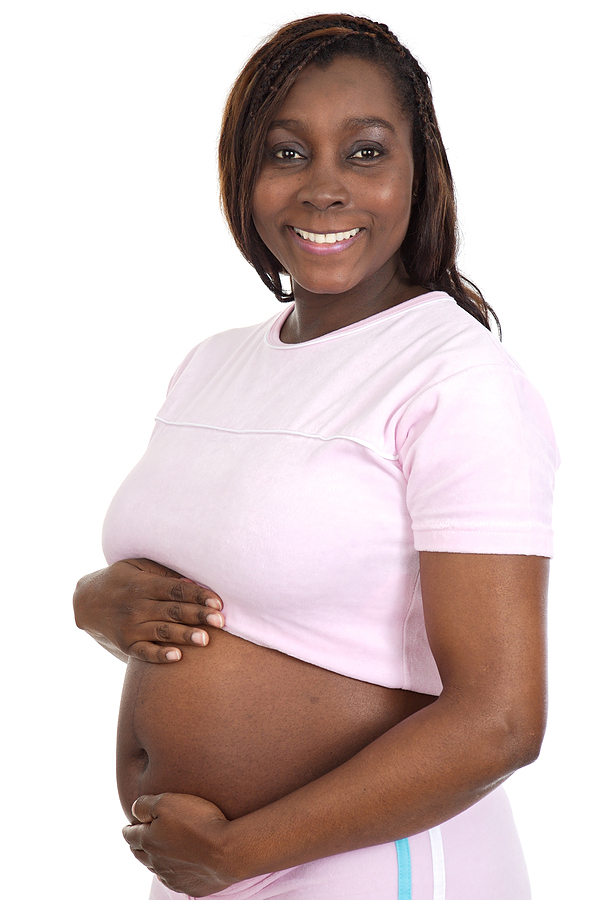Tips on Conceiving
Learn how to boost your chances of conceiving using our top tips to getting pregnant. Knowing everything from what to eat to timing your ovulation can be a big help in that step to getting pregnant.
Vitamins and Minerals – Women should take 400mcg folic acid per day before, during and after conception. Men should take zinc supplements and increase vitamin D intake to improve their sperm quality.
Let your bits breathe – men should avoid wearing tight underwear, cycling and using a laptop on your lap during the phase when you are trying to conceive. This will help sperm production in the testicles.
Coffee Break - Reduce your caffeine intake and try to slowly wean off caffeine all together if you can.
Stop Smoking - both men and women should consider stopping smoking to improve your chances of becoming pregnant. It will also help you to give up before you become pregnant as smoking during pregnancy can seriously harm your babies health.
Alcohol - Research suggests that reducing your alcohol intake can significantly improve your chances of conceiving.
Time your insemination - live sperm has to fertilise the egg at the time of ovulation to conceive, this is usually around day 14 of a 28 day cycle. Sperm can live for up to 3 days inside the woman’s body waiting for the egg to be released so time your insemination with your ovulation.
Stress - In general try to reduce your stress levels particularly around the time of ovulation as stress can reduce your chances of conceiving.
Diet - Avoid processed food and sugar which should help balance acid/alkaline levels and try to eat your five-a-day.
Ovulation predictor kits - using ovulation strips can help you detect your FSH surge which is a hormonal surge that happens just prior to ovulation. A positive test means that you should insemination within the next 48 hours to best increase your chances of conceiving.
Try & try again - For women aged 20-25 there is a 1 in 4 chance of conceiving whereas for women aged 30-35 there is a 1 in 7 chance of conceiving and this success rate falls as you get older. The average time it takes women in their 20’s to get pregnant is five cycles whereas a woman in her thirties may have to wait ten cycles so be patient!

Related Articles:
Physiology of making babies
Signs of pregnancy
Health Screening
Ovulation
IVF
IUI
Artificial Insemination (AI)
Natural Insemination (NI)
Infertility
Folic Acid